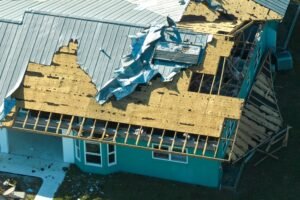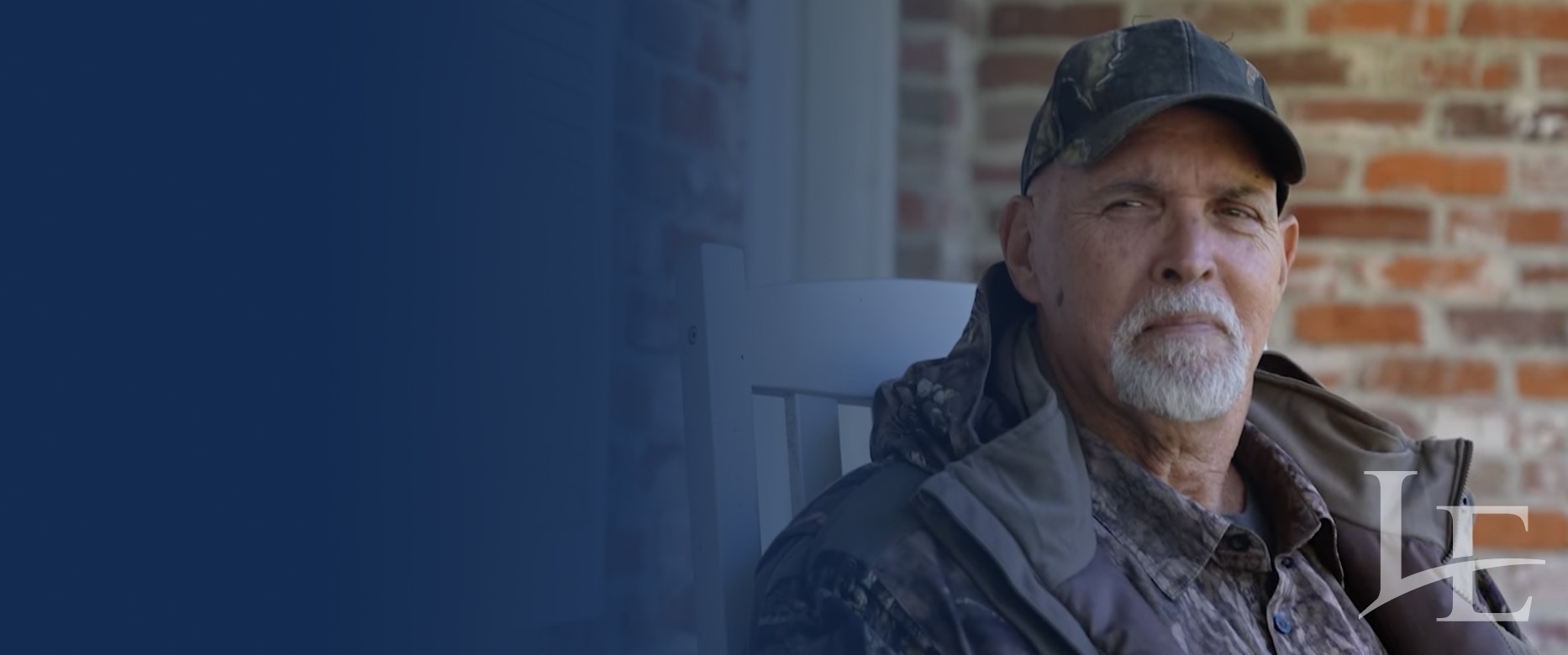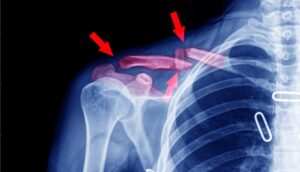
If your insurance denies your wind damage claim, you can file an appeal or choose to take legal action. Dealing with an insurance claim denial can be frustrating and stressful, especially when it comes to damage caused by wind.
If your insurance company denies your wind damage claim, it’s essential to understand your rights, the reasons behind the denial, and the steps you can take to challenge the decision. This page outlines how to handle an insurance denial for your windstorm damage claim – contact our Baton Rouge personal injury lawyers for more help.
Understanding the Reasons for Denial
Before taking any action, it’s crucial to understand why your claim was denied. Insurance companies may deny your windstorm damage claim for various reasons, including:
- Policy exclusions: Many insurance policies have specific exclusions for certain types of damage. It’s possible that wind damage is not covered under your current policy or is subject to certain conditions that were not met.
- Insufficient documentation: Insurance claims require detailed documentation to support the damage and its cause. If the documentation provided is inadequate or does not convincingly link the damage to wind, the claim may be denied.
- Pre-existing damage: If the insurer determines that the damage existed before the wind event, they might deny the claim, arguing that it is not covered under the current policy period.
- Policy lapses: If your insurance policy was not active or had lapsed at the time of the damage, the storm claim would be automatically denied.
- Failure to mitigate damage: Policyholders are often required to take reasonable steps to prevent further damage after the initial incident. Failure to do so can result in a denial.


Laborde Earles injury was great for me they took care of me very fast and professional. If for any reason I need legal help they will be who I use.
ClientWhat Types of Storms does ‘Windstorm’ Include?
A windstorm generally refers to any storm characterized by strong, damaging winds. Various types of storms can produce the high winds typically associated with windstorm damage. Here are some common types of storms that can evoke a windstorm damage claim:
Hurricanes and Tropical Storms
Hurricanes and tropical storms are powerful weather systems that originate over warm ocean waters. They are known for their strong winds, heavy rain, and potential to cause significant damage.
Tornadoes
Tornadoes are violently rotating columns of air that extend from a thunderstorm to the ground. They are among the most destructive windstorms due to their extremely high wind speeds, which can exceed 200 mph.
Thunderstorms
Thunderstorms can produce damaging winds, particularly during severe weather events. These severe storms can cause wind and hail damage that could result in damaged property and more.
Derechos
A derecho is a widespread, long-lived windstorm associated with a line of severe thunderstorms. Derechos produce straight-line winds that can exceed 100 mph and extend for hundreds of miles. They are particularly dangerous due to their large scale and long duration, causing extensive damage over a broad area.
Cyclones
Cyclones refer to large-scale air masses that rotate around a strong center of low atmospheric pressure. Depending on their location and characteristics, this term encompasses various types of storms, including hurricanes and tropical storms.
Nor’easters
Nor’easters are powerful storms that typically affect the East Coast of the United States. They are characterized by strong northeast winds, heavy rain or snow, and coastal flooding. Nor’easters can produce hurricane-force winds and cause significant wind and water damage, particularly in coastal areas.


I thank God for Digger & David. I don’t know what we would have done if it hadn’t have been for them.
Rick Smith | ClientWhat Should You Do After Receiving a Claim Denial?
If your wind damage claim is denied, don’t panic. There are several steps you can take to challenge the denial and potentially get the decision overturned.
- Review your policy: Carefully review your insurance policy to understand the coverage details, exclusions, and any clauses that may apply to wind damage. Look for any language that supports your claim. This will also help you understand the insurer’s perspective and prepare a more informed appeal.
- Request a detailed explanation: Contact your insurance company and request a detailed explanation of the denial. This should include the specific reasons and any policy provisions cited. Having a clear understanding of the insurer’s rationale will help you address their concerns effectively.
- Gather additional evidence: Collect additional evidence to support your claim. This can include photos, weather reports, witness statements, repair estimates, and more.
- Get a second opinion: Sometimes, getting an independent assessment from a licensed contractor or an adjuster can provide a more objective evaluation of the damage. Their report can strengthen your case when you present it to the insurance company.
- File an appeal: Most insurance companies have an appeals process for denied claims. Submit a written appeal along with all the additional evidence you have gathered. Clearly explain why you believe the claim should be covered and address the specific reasons for the denial.
- Consider mediation or arbitration: If the appeal does not resolve the issue, check if your policy includes a provision for mediation or arbitration. These are alternative dispute resolution methods that can provide a less adversarial and more cost-effective way to settle disputes than going to court.
- File a complaint: If you believe the insurance company is acting in bad faith or unfairly denying your claim, you can file a complaint with your state’s insurance department. They can investigate the claim and sometimes pressure the insurer to reconsider their decision.
- Seek legal advice: If all else fails, consulting with a lawyer from Laborde Earles can be an effective last resort. An attorney can help you understand your legal rights, review your case, and potentially file a lawsuit against the insurer if necessary.


The reassurance from Digger and his staff gave me that renewed hope that it’s going to be okay down the road.
ClientGet Help With Your Wind Damage Claim With Laborde Earles
Navigating a wind damage claim denial can be challenging, but with a thorough understanding of your insurance policy and the help of an attorney, you can know what to do if insurance denies your wind damage claim.
If you’re looking for help after filing a windstorm damage claim, contact Laborde Earles now to get legal representation – we’re available 24/7 to answer your call.





